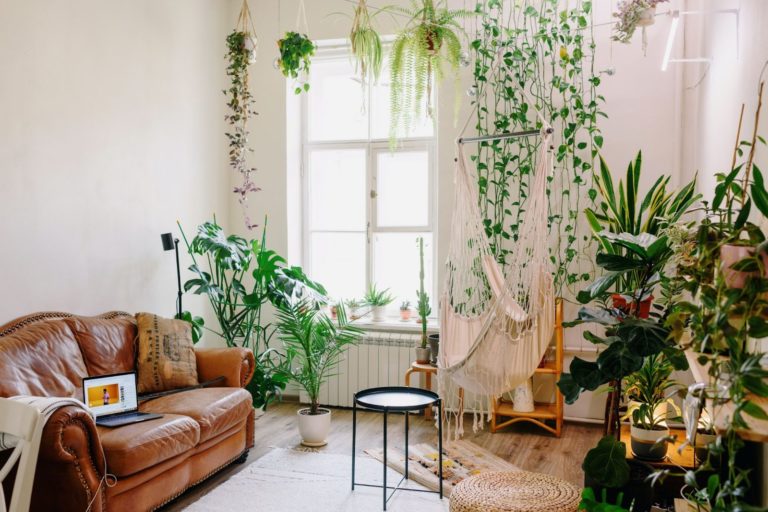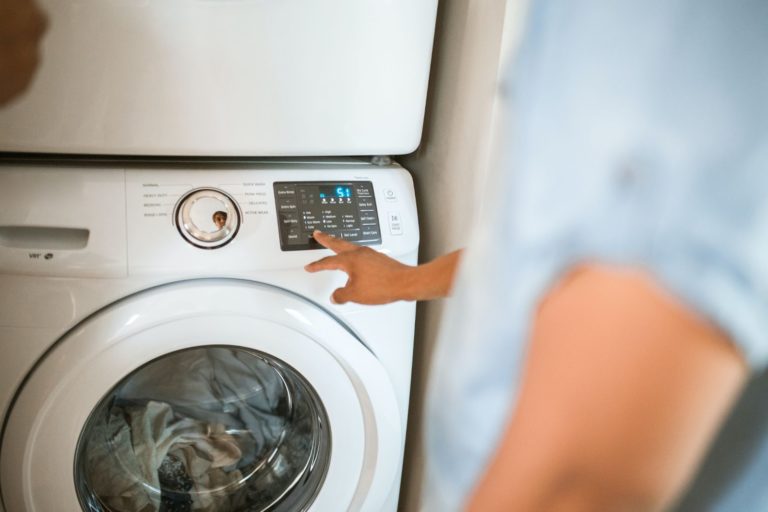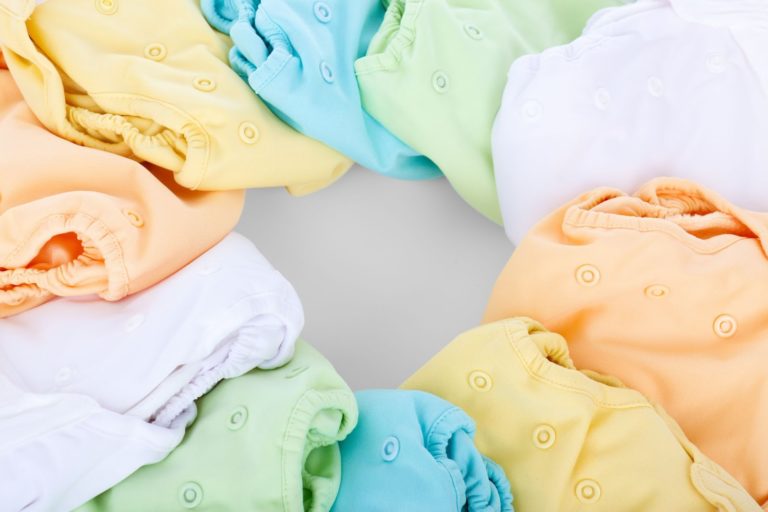Are Coffee Filters Compostable?

You probably know that coffee grounds are compostable. They’re biodegradable, as is the filter from your Keurig or another single-cup brewing machine. But are the filters also compostable? Coffee filters aren’t generally listed as being compostable, but they can be — with a little bit of work.
Many commercial coffee shops, restaurants, and offices have no formal composting program nearby, so the used coffee filters may not be able to be composted in a backyard bucket or other home system.
However, if you have access to a municipal composting program you can check with them to see if they will take your used coffee filters and grounds responsibly. If not, keep reading for how you can make sure they are indeed compostable!
Various coffee filters
Some coffee consumers favor some filters over others. You may ask if coffee filters are biodegradable due to their construction.
- Paper Coffee filters: These paper-and-bleach filters keep coffee grinds out of the pot. Bleached coffee filters are fully white before usage. This makes the filter appear clean, and it will turn once the coffee is brewed and collected on the grounds. Bleached coffee filters aren’t the most eco-friendly, but they biodegrade.
- Unbleached Coffee Filters: Unbleached coffee filters are like bleached coffee filters but are natural. Without bleach, they’re a natural tint that seems used to some. These biodegradable coffee filters are eco-friendly. Unbleached coffee filters in coffee filter compost are organic and chemical-free.
- Plastic Coating Filter: Some reusable coffee filters feature a plastic coating. These should be washed and reused, not composted. You must scrape all of the grinds off the plastic filter before dumping them in the compost.
- Chemex coffee Filter: Chemex Coffee Filters are thicker than paper filters. They keep coffee grounds from entering the kettle. Their healthy coffee has less acid than others. Chemex paper filters are compostable. The coffee filter contains no bleach, so it can be composted with the grounds. They’re made with the environment in mind, so they don’t release chemicals when they decompose.
How to Make Coffee Filters Compostable
First, let’s explain why coffee filters are not compostable, to begin with. The paper they’re made from most likely contains lignin, which is not compostable. The biggest reason coffee filters are not compostable is that they are not supposed to be eaten by humans or animals.
The best way to make sure your coffee filters are compostable is to pre-soak them in water, and then add them to your compost. You can also add them directly to your compost bin without soaking them first, but it might take longer for them to break down and decompose.
Some coffee drinkers prefer paper filters, so you must know how to compost them. You can use bleached or unbleached coffee filters. Bleach in bleached coffee filters is so minuscule that it only leaves traces in compost.
By adding coffee grounds and filters to the compost, you risk a strong odor when the grounds break down, so spread it out so it doesn’t build up in one spot. Also, bury your coffee filter in the compost so it doesn’t add to the stink when you open your food compost bin.
Wet coffee filters might take six to eight months to degrade after the biodegradable and composting process begins. The organic breakdown is normally rapid. If you let the filter dry out and start decomposing it, it will take longer.
How to Tell If Your Coffee Filters Are Biodegradable
If you have access to a commercial composting facility, you can put your used coffee filters in their compost pile to test if they are biodegradable. That way, you can tell if they are compostable or not.
You can also put your used coffee filters in a covered cardboard box with soil and see if they are biodegradable over the next few weeks.
If they are biodegradable, they will break down and be incorporated into the soil. If you have a home composting system, you can also test your filters with a paper towel and see if they decompose in a few months.
Commercial Composting
If you work at a business or restaurant that has a commercial composting facility on-site, your used coffee filters should be composted along with your other food scraps and paper products.
If you’re in charge of the composting program at work, you can also compost your used coffee filters at home by using a compost bin or an outdoor composting system.
Home Instance Composting
If you compost at home, you can add your used coffee filters to your compost bin along with your food scraps and garden waste. If there are no other materials in your compost, you can add the coffee grounds directly to the compost bin, too.
Make sure your compost bin has enough air flow, is kept in a sunny area, and is regularly turned. If you live in a cold climate, you can still compost in the winter, but you may need to add more heat to your compost bin.
The “rinse and spin” method
If you don’t have access to a commercial composting program, you can “rinse and spin” your used coffee filters to remove any grounds and make them cleaner.
- To do this, take the used coffee filter, fold it in half with the used side inside, and rinse it under running water.
- Use your hands to squeeze out the excess water, and then put the filter in a spinner. The spinner will remove the rest of the water, plus it will help the coffee filter dry faster.
- Toss the filter into your compost bin, garden bed, or indoor composting system and let it break down over time.
- This method is great if you want to compost your coffee filters on your own, but it takes longer to break down than the oven method.
The oven method
If you don’t have access to a commercial composting program or an outdoor composting system, you can put your used coffee filters in an oven to make them biodegradable.
- Preheat your oven to 350 degrees Fahrenheit and put your coffee filters on a baking sheet.
- Bake the coffee filters for 30 minutes and then let them cool.
- Once the coffee filters have cooled, you can use them as outdoor potting soil, add them to your indoor compost bin, or put them in a compost pile away from your home.
- This method makes the coffee filters biodegradable, but it may not make them compostable, so they may not be accepted at commercial composting facilities.
Conclusion: Is it true that coffee filters are harmful to the environment?
What kind of environmental damage coffee filters do depends on the kind you use. White coffee filters are bleached, although the amount is negligible compared to the amount of bleach in other papers and products that are piling up in the environment.
Whether or not they’ve been treated with bleach, paper coffee filters are biodegradable and will eventually decompose. If you haven’t already, switching to an unbleached coffee filter will ensure that the compost you use in your garden and plants is completely natural and chemical-free.
Coffee filters will dry out before they reach the landfill if you don’t dump them in with compostable materials. They can still begin decomposition after drying out, but it will take much longer. Since more of them are added every day, they will continue to swell the landfill’s waste heap until they decompose. Coffee filters are biodegradable and can be composted, but they are not compostable.
They can be turned into biodegradable coffee filters, though, with some time and effort. Whether you work in a commercial composting facility or have an indoor composting system, you can compost coffee filters.
If you’re making coffee filters at home, you can follow one of the methods above, or you can use paper towels, paper napkins, or something else to filter your coffee. Remember, coffee filters are biodegradable, not recyclable. You should compost them instead of throwing them in the recycling bin.






